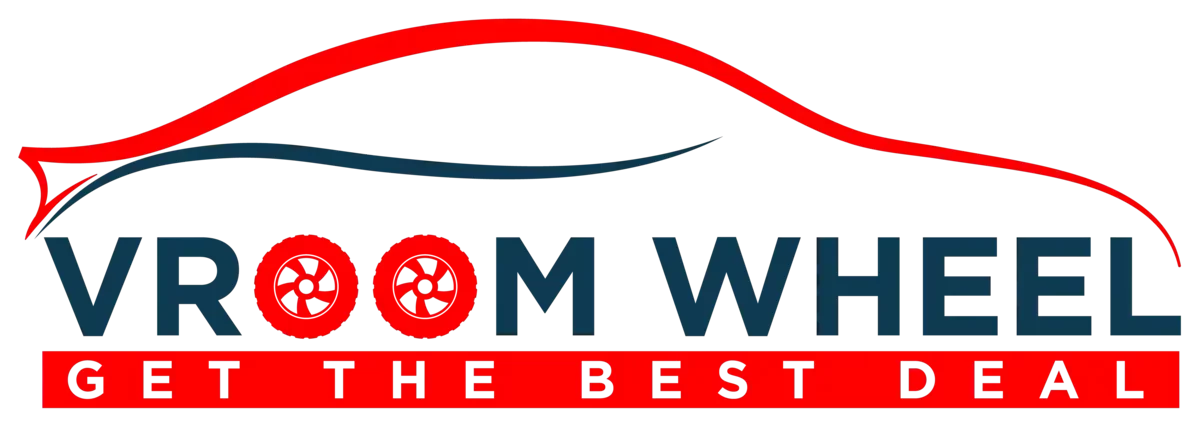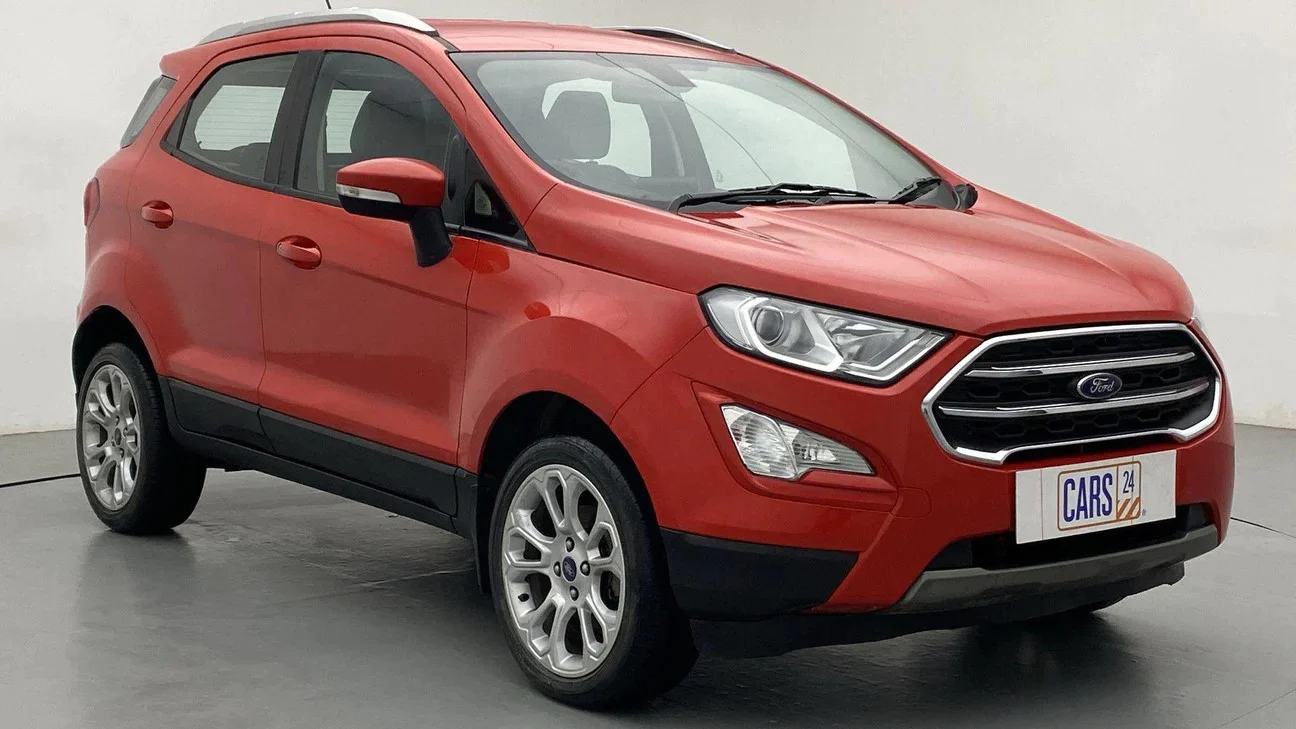Depreciation is a very strong reason to think about buying used rather than new when shopping for a car. When a brand-new automobile drives off the lot, its value will have decreased by roughly 10%, and it will have decreased by another 20% in the first year. A model that is one to three years old will most likely still be covered by the manufacturer’s guarantee, and unless misused, it will provide many more years of reliable service. For clever auto buyers who are skilled at haggling over used car pricing, this opens up purchasing options. Knowing how much-used automobiles normally sell for might be useful when negotiating rates.
Your financial situation will determine how much you should spend on a second-hand automobile. The money you have on hand will probably dictate how much you can spend if you’re buying a second-hand car with cash. Your budget for buying a used automobile may be bigger if you want to take out an auto loan. See the details below to learn more about how to negotiate for certified pre-owned vehicles.
- Begin online:
Think about what you can stand to gain if you decide it is worthwhile to take the extra time to research second-hand cars. You may add competitiveness to the car-buying process by doing targeted vehicle research that has the features and mileage you want. Asking won’t harm, even if the vendor might not match the lowest price you discover.
- Be certain it is truly certified pre-owned:
An automobile may not be certified pre-owned even if a dealership may put a sign stating that it is on it. On the window label of a genuine CPO vehicle, you will be able to read all of the certification facts. Ask the dealership for documentation, such as the dates of the certified components’ inspections, if you ever have any doubts about a car’s status as a CPO vehicle.
- Pose some challenging queries to the car dealer:
What happens if the CPO car turns out to be a disaster or has serious issues? Can you return it? How soon must you deliver that return? Does the purchase price alone apply to your reimbursement if you decide to return your certified used car? How much are the licensing and registration costs? Will the dealer reimburse you for your sales tax?
- Compare prices at additional sellers:
Until you check out what other dealerships have in stock, you could assume a dealership is providing a fantastic price on the CPO vehicle you’re interested in. Overcharging occurs. To ensure they are receiving the most value for their money, consumers must conduct some research, though, which is important.
Find used automobiles close to you by using an internet search engine. To verify the dealership’s price is competitive with others in the neighbourhood, look especially for comparable models that are also CPO. A lesser price should be negotiated if not. To provide the dealership with proof, you may easily print out rates from rival businesses.
- Avoid confusion with extras:
The salesman may try to make the purchase more difficult as you approach an agreement by presenting extras like a free maintenance package. The difficulty in estimating the worth of these additions makes it difficult to determine if the offer has improved. It’s advisable to make the agreement straightforward and limit it to the car’s price. Even if the pricing is acceptable to you, wait to accept the agreement until you have examined all the numbers. You may locate your ideal automobile with the aid of Vroom Wheel, and they’ll make sure that using their services is easy and trustworthy for you.

